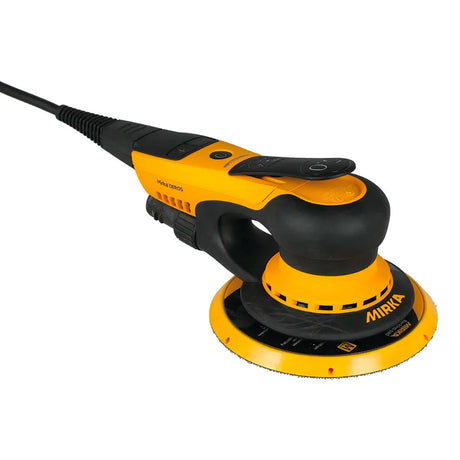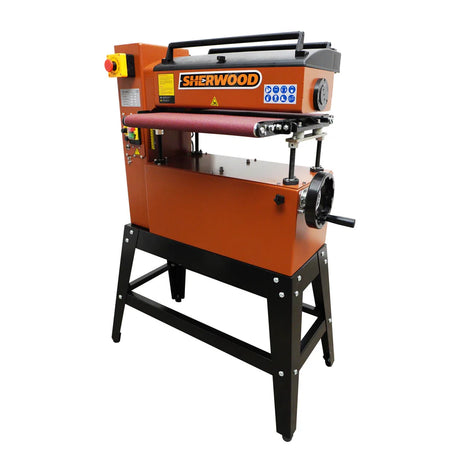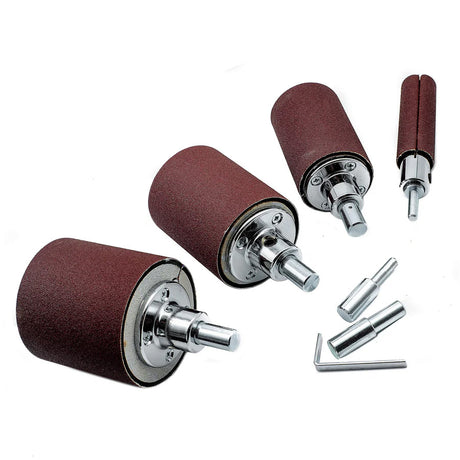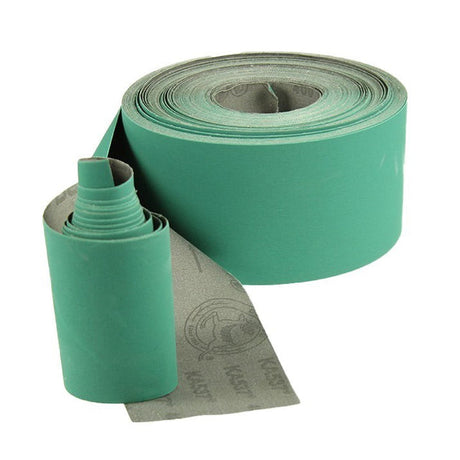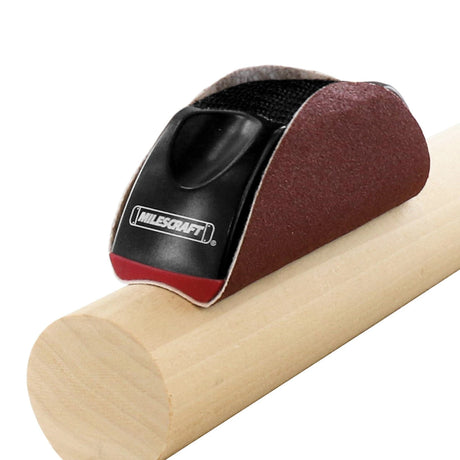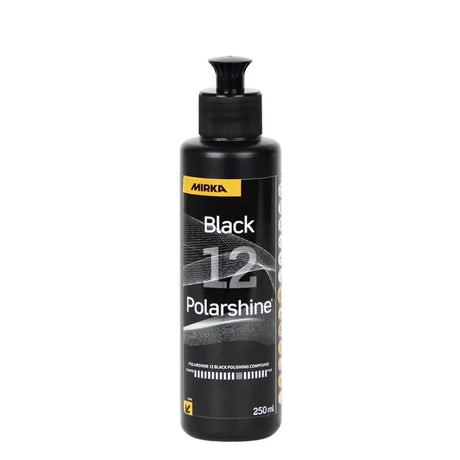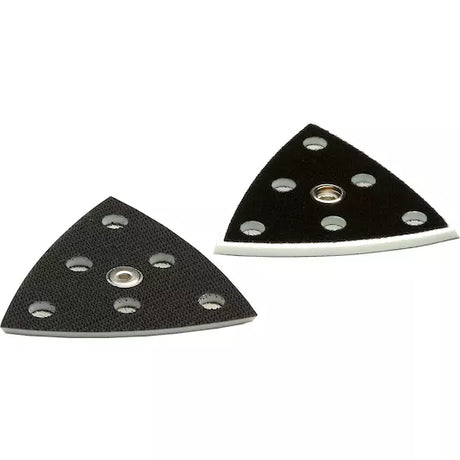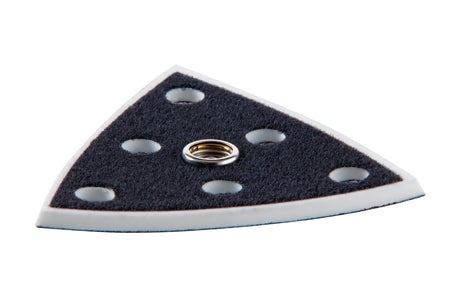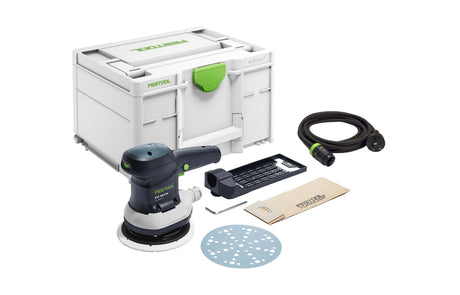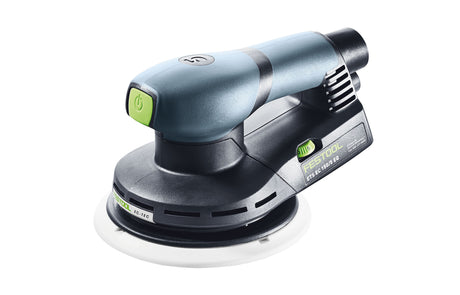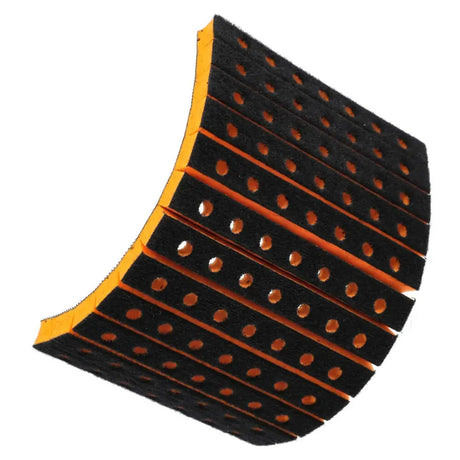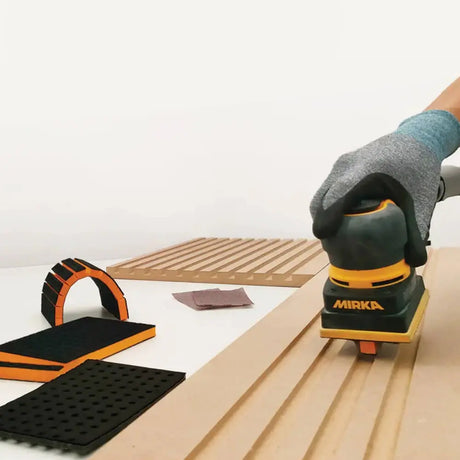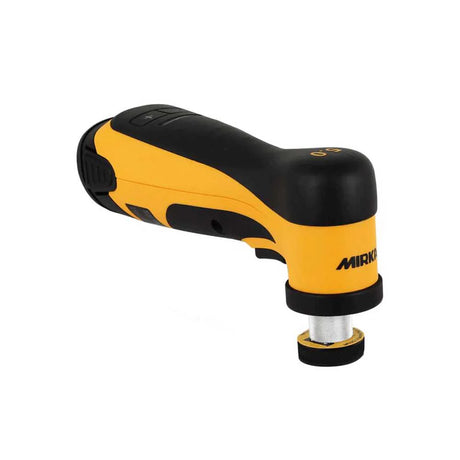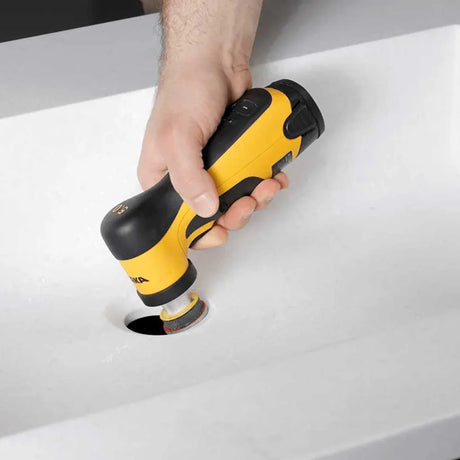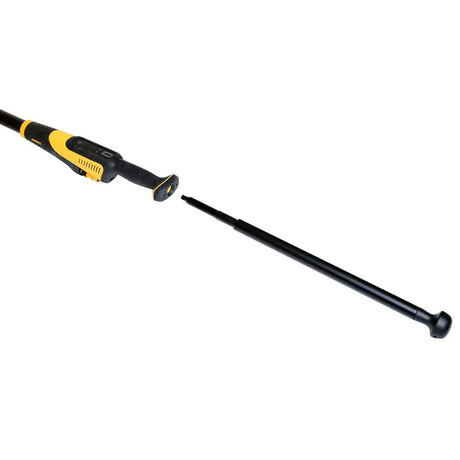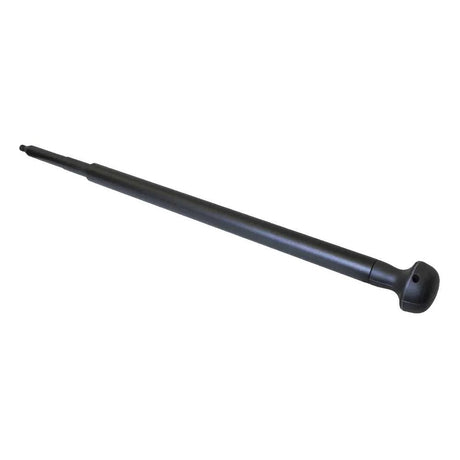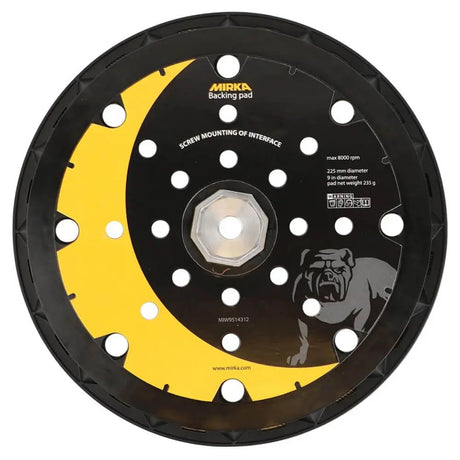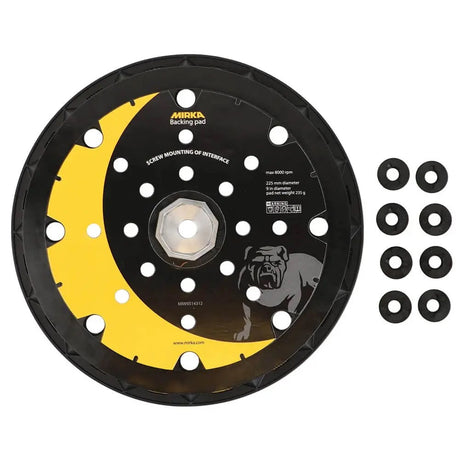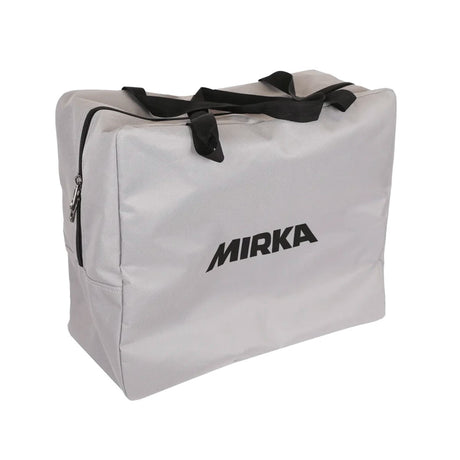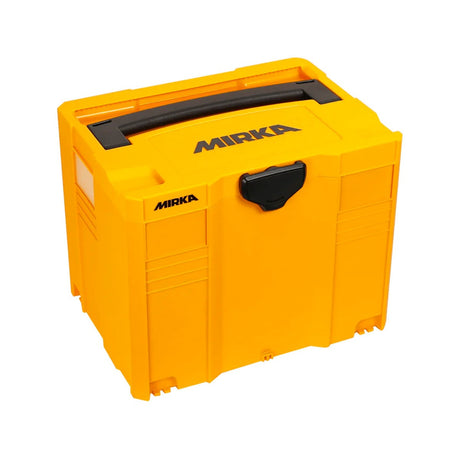Festool
Festool Hard StickFix Backing Pad 93mm Pack of 2
$58.00Unit price /UnavailableVery low stock (1 unit)Festool
Festool ETS 150mm Random Orbital 5mm Sander in Systainer
$915.00Unit price /UnavailableIn stockFestool
Festool Fine Polishing Sponge 150mm White
From $44.00Unit price /UnavailableVery low stock (2 units)Festool
Festool BS 75mm Belt Sander in Systainer with Sanding Frame Set
$1,399.00Unit price /UnavailableMirka
Mirka 6 x 12.5mm Soft Groove Interface Grip for DEOS Sanders
$59.90$67.00Unit price /UnavailableIn stockPROXXON
PROXXON Satin Finishing Belt for Tube Belt Sander Pack of Four
$37.90Unit price /UnavailableIn stockPROXXON
PROXXON Corundum Sanding Cones 9mm 80 & 150 Grit Pack of 10 suits Rotary Tools
$26.90Unit price /UnavailableIn stockMirka
Mirka Extension Shaft for LEROS
$125.00$159.90Unit price /UnavailableVery low stock (1 unit)Mirka
Mirka Backing Pad for LEROS - 225mm
$149.00$184.90Unit price /UnavailableVery low stock (1 unit)Mirka
Mirka Dust Extractor Carry Bag for Mirka Hose
$116.90$129.90Unit price /UnavailableIn stockMirka
Mirka DEROS II Bundle with Systainer & Noise Cancelling Headphones
$1,299.00$1,448.00Unit price /UnavailableVery low stock (1 unit)Mirka
Mirka DEROS II Bundle with Systainer, Abrasives & Noise Cancelling Headphones
$1,699.00$1,918.00Unit price /UnavailableVery low stock (1 unit)Mirka
Mirka DEROS II & DEROS RS 600 Plus PRO Dust Extractor Bundle
$4,199.00$4,599.00Unit price /UnavailableVery low stock (1 unit)
Enhance Your Finish with Quality Sanding Abrasives
Sanding abrasives are crucial in woodworking, offering a wide range of grits and materials to achieve the perfect finish on your projects. Whether you're smoothing rough surfaces or preparing wood for staining, the right abrasive ensures a smooth, professional result. Sanding abrasives are available in various forms, including sheets, discs, belts, and more, each designed to cater to different sanding needs.
The effectiveness of your sanding process depends on choosing the appropriate abrasive for the task at hand. Coarse grits are ideal for heavy material removal, while finer grits are perfect for achieving a smooth finish. Additionally, the material of the abrasive, such as aluminium oxide or silicon carbide, can significantly impact the quality of the sanding process and the durability of the abrasive itself.
Investing in high-quality sanding abrasives not only improves the efficiency of your work but also extends the lifespan of your tools and reduces the need for frequent replacements. With the right selection of abrasives, you can enhance the overall quality of your woodworking projects, ensuring a flawless finish every time.
Whether you're working on intricate detailing or large-scale projects, understanding the different types of sanding abrasives and their applications will help you achieve better results with less effort.
FAQs
What are the different types of sanding abrasives available?
Sanding abrasives come in various forms, including sheets, discs, belts, and rolls, each suited for different sanding tools and applications.
How do I choose the right grit for my project?
The grit size depends on the task—coarse grits (40-60) are used for heavy material removal, medium grits (80-120) for smoothing surfaces, and fine grits (150-400) for finishing.
What is the difference between aluminium oxide and silicon carbide abrasives?
Aluminium oxide is durable and suitable for sanding wood and metals, while silicon carbide is sharper and works well on hard materials like glass and stone.
How often should I replace my sanding abrasive?
Replace your sanding abrasive when it becomes clogged, loses its effectiveness, or when you notice reduced performance. High-quality abrasives last longer with proper use.
Can I use the same abrasive for sanding wood and metal?
While some abrasives can be used for both, it's generally better to use abrasives specifically designed for the material you're working with to achieve the best results.
How do I prevent clogging when sanding?
To prevent clogging, choose the correct abrasive for the material, ensure proper dust extraction, and consider using abrasives with anti-clog coatings.
What is the best way to store sanding abrasives?
Store sanding abrasives in a cool, dry place away from direct sunlight and moisture to prevent degradation and maintain their effectiveness.
Why is it important to sand in stages?
Sanding in stages, starting with coarse grit and progressing to finer grits, ensures an even surface and prevents deep scratches, leading to a smoother finish.
Can I use water with sanding abrasives?
Wet sanding can be done with water-resistant abrasives like silicon carbide, which helps reduce dust and achieve a finer finish, especially on metal and plastics.
What are the benefits of using sanding discs over sheets?
Sanding discs are ideal for use with power tools, providing faster material removal and better consistency on large surfaces, while sheets are more versatile for hand sanding and detailed work.

